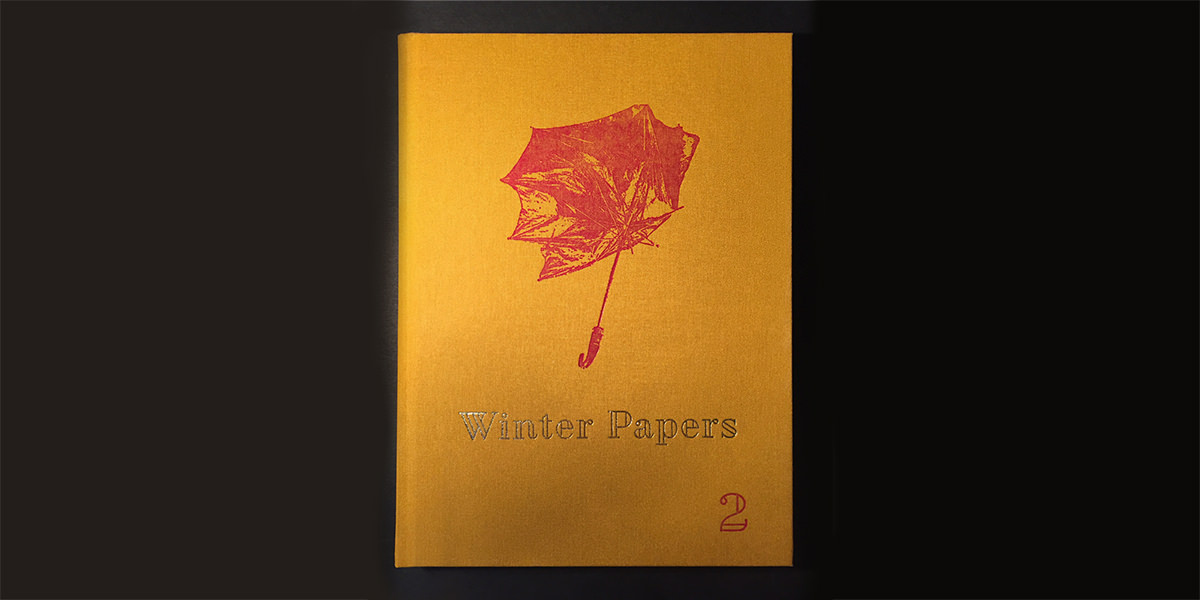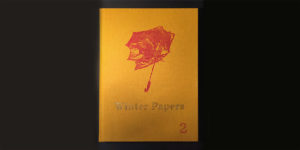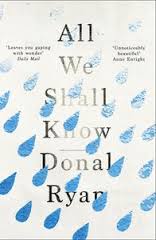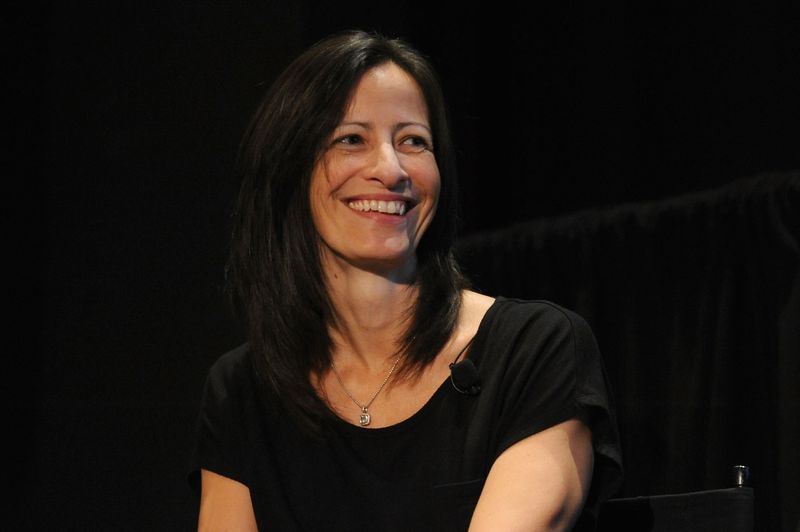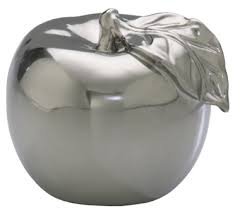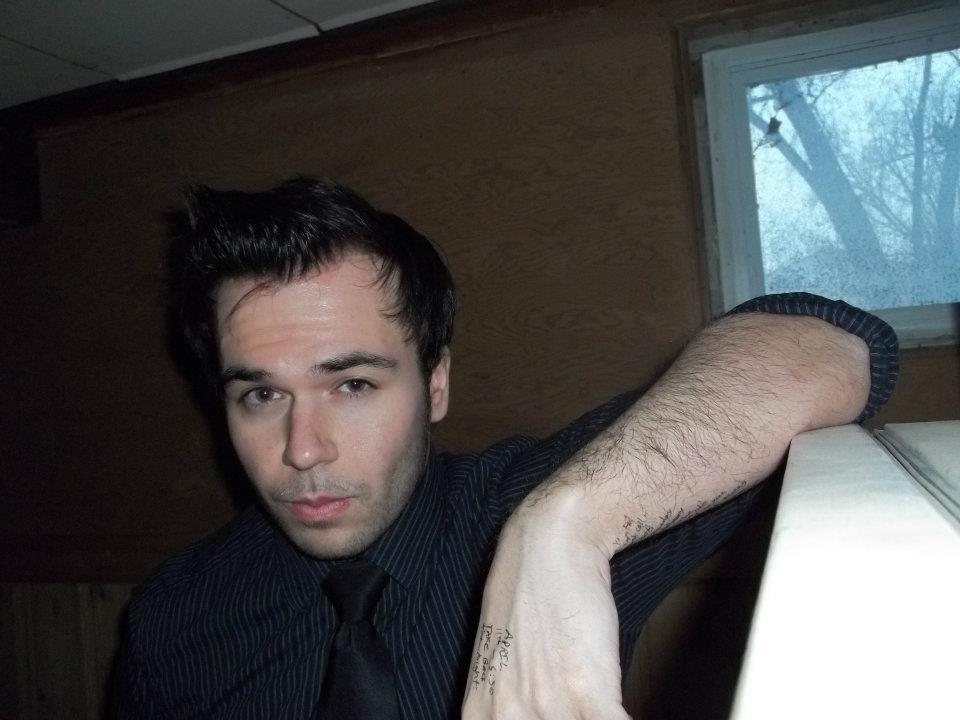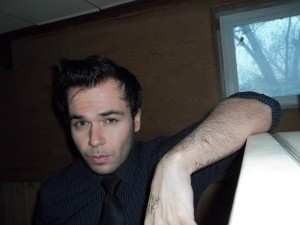Sixteen Magazine are calling Submissions for Issue 5: Black
“Black is not sad. Bright colours are what depresses me. They’re so… empty. Black is poetic. How do you imagine a poet? In a bright yellow jacket? Probably not.”
― Ann Demeulemeester
We’re looking for poems and short stories with the theme of black. There are no big rules except your piece of work should be the best it can be. It should be as long as it needs to be and it should be ready for publication. Please see our full submission guidelines before you submit.
To submit your work, please email it in any of the following formats: doc, docx, txt, rtf to submit@sixteen.ie. Don’t forget to make sure the subject line has the word “SIXTEEN” in it or we won’t be able to email you back.
Exposing Fake Hype and Scams: Livpure Reviews Unmasked
Identifying misleading claims and scams related to Livpure
Livpure, a popular brand in the water purifier industry, has garnered attention in recent years. However, amidst all the hype surrounding its products, it is crucial to separate fact from fiction. Many consumers have fallen victim to misleading claims and scams associated with Livpure visit timesofisrael.com.
One common tactic employed by scammers is creating fake websites that mimic Livpure’s official website. These fraudulent websites often offer discounted prices or exclusive deals to lure unsuspecting customers. To avoid falling into their trap, it is essential to verify the authenticity of any website before making a purchase.
Some scammers may use deceptive marketing techniques such as false advertising or exaggerated benefits of Livpure products. They prey on consumers’ desire for clean and safe drinking water, promising miraculous results that are simply too good to be true. It is important to approach these claims with skepticism and conduct thorough research before making any purchasing decisions.
Revealing the truth behind exaggerated marketing tactics
Livpure’s success can be attributed in part to its aggressive marketing campaigns. While effective marketing strategies are essential for any business, it is crucial for consumers not to get swept away by exaggerated claims made by advertisers.
Advertisements often present Livpure products as the ultimate solution for all water purification needs, highlighting their advanced technologies and superior performance. However, it is important to remember that no product is perfect or suitable for everyone.
When evaluating Livpure’s offerings, take into account your specific requirements and compare them with other available options on the market. Consider factors such as water quality in your area, maintenance costs, after-sales service, and customer reviews from reliable sources.
Exposing fake positive reviews about Livpure
In today’s digital age, online reviews play a significant role in shaping consumer opinions. Unfortunately, not all reviews can be trusted as genuine assessments of a product. Some unscrupulous individuals or businesses may post fake positive reviews to boost Livpure’s reputation artificially.
To identify authentic reviews, look for detailed and balanced feedback from verified purchasers. Be wary of excessively glowing reviews that seem too good to be true or lack specific details about the product’s performance. Cross-reference multiple sources and consider both positive and negative feedback before forming an opinion.
Highlighting the importance of critical analysis when reading product reviews
Reading product reviews is an essential step in making informed purchasing decisions. However, it is crucial to approach these reviews critically and analyze them objectively.
Consider the following factors when reading Livpure reviews:
Source credibility: Ensure that the review is from a reputable source, such as well-known consumer reports websites or trusted industry experts.
Reviewer bias: Take into account any potential biases or conflicts of interest that could influence the reviewer’s opinion.
Sample size: Consider the number of people who have reviewed the product. A larger sample size generally provides a more accurate representation of customer experiences.
Consistency: Look for common themes or recurring issues mentioned in multiple reviews. This can help you gauge the reliability of certain claims made by reviewers.
By approaching Livpure reviews with a critical mindset, you can make more informed decisions based on genuine user experiences rather than falling prey to misleading information.
Benefits and Effectiveness of Ozempic
Ozempic is a medication that has gained attention for its potential to aid in weight loss. Numerous studies have been conducted to assess the effects of Ozempic on individuals with obesity or overweight, and the results have been promising click timesunion.com.
One of the key benefits of Ozempic is its ability to lead to significant weight loss. According to these studies, individuals who take Ozempic can expect an average reduction in body weight ranging from 5% to 10%. This substantial decrease in weight can have a profound impact on overall health and well-being.
Beyond its weight-loss properties, Ozempic also offers additional advantages for those with type 2 diabetes. The medication has been found to improve glycemic control, helping individuals better manage their blood sugar levels. Furthermore, it has shown potential in reducing the risk of cardiovascular events, which is particularly important for individuals with diabetes who are at higher risk for heart-related complications.
Unlike some other weight-loss medications that may cause rebound weight gain after discontinuation, Ozempic does not exhibit this effect. This means that individuals can experience sustained weight loss even after they stop taking the medication. However, it’s crucial to note that the effectiveness of Ozempic may vary from person to person. It should be used as part of a comprehensive weight-loss program that includes healthy eating habits and regular exercise.
To truly understand the effects of Ozempic on an individual level, it’s essential to consult with a healthcare professional who can provide personalized guidance based on specific circumstances and medical history. They can help determine if Ozempic is suitable and effective for achieving one’s weight-loss goals.




